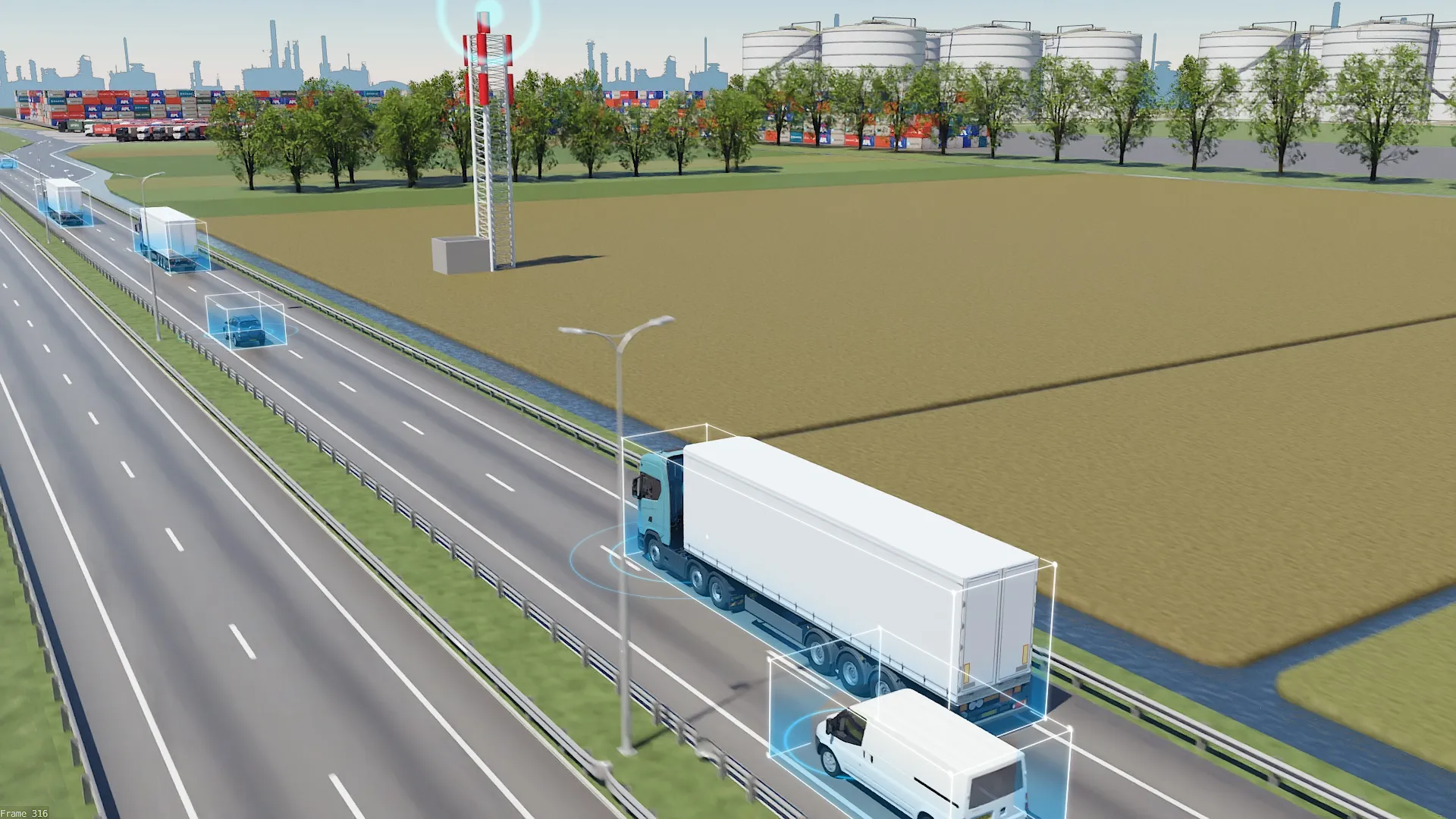The world has been hit by an unprecedented pandemic which caused an economic recession striking very hard Europe and the rest of the world, including road infrastructures. The 48th Asecap Study & Information Days will focus on lessons learnt and on how it would be possible to foster safe and mobility solutions to boost the economy and recover from the pandemic crisis, by stimulating investments aimed at reaching the EU objectives of vision zero in terms of fatalities and of CO2 emissions.
10th November, 2021
Event Location
Online









